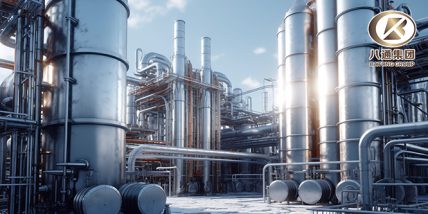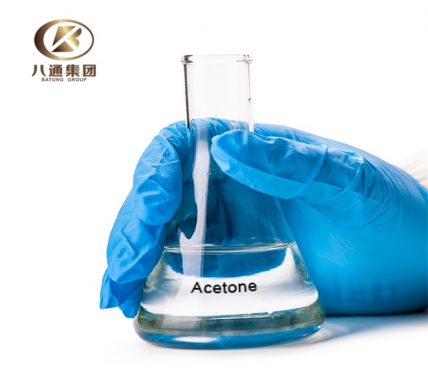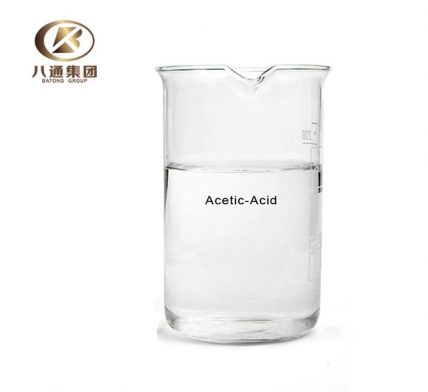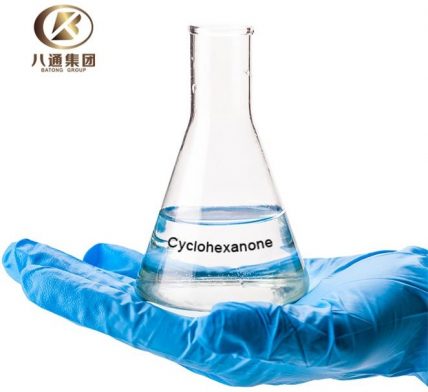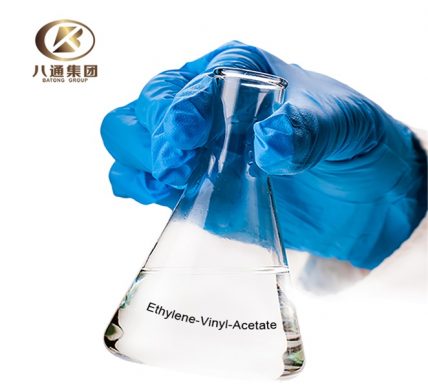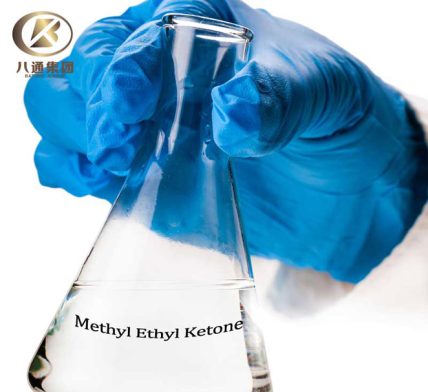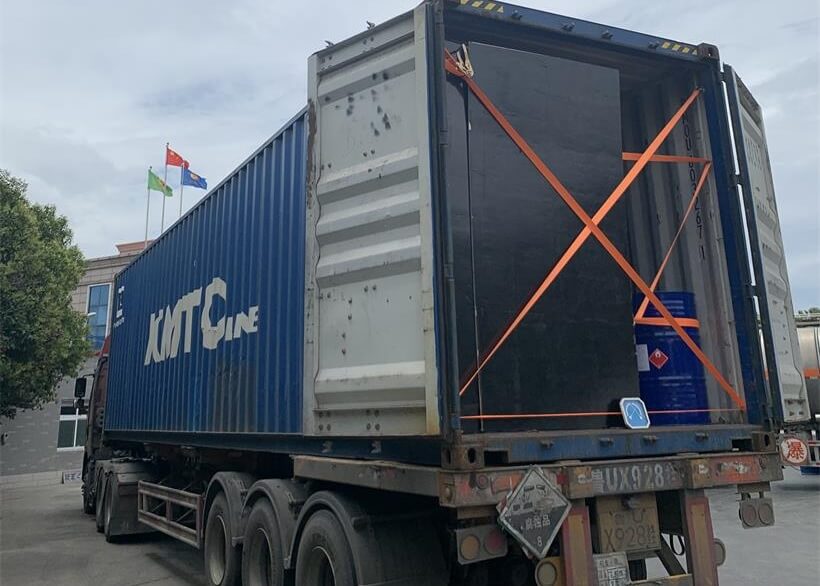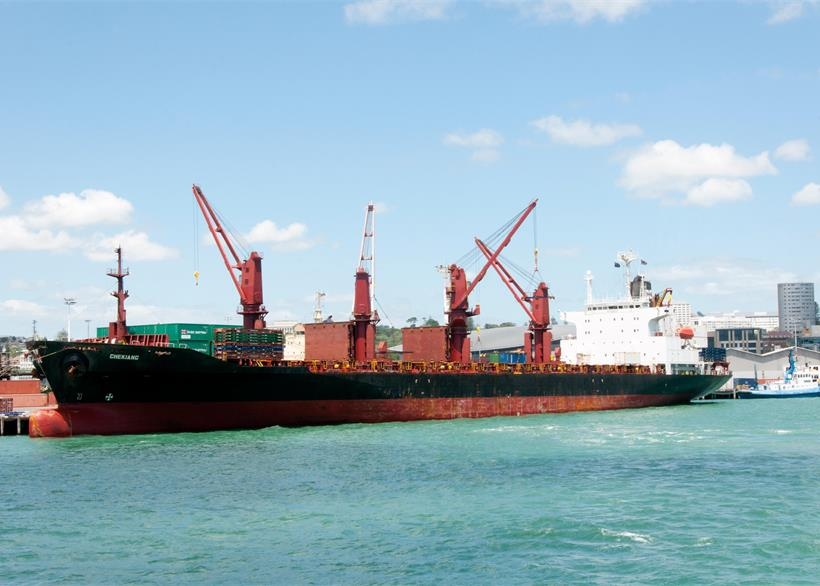Acrylonitrile Butadiene Styrene, commonly known as ABS, is a type of thermoplastic polymer. It is composed of three monomers - Acrylonitrile, Butadiene, and Styrene. ABS is known for its versatility and wide range of applications in various industries.
One of the key characteristics of ABS is its high impact resistance. It can withstand heavy impacts and is highly durable, making it suitable for use in the production of protective gear, automotive parts, and toys. ABS is also known for its excellent electrical insulation properties, making it an ideal choice for electronic enclosures and components.
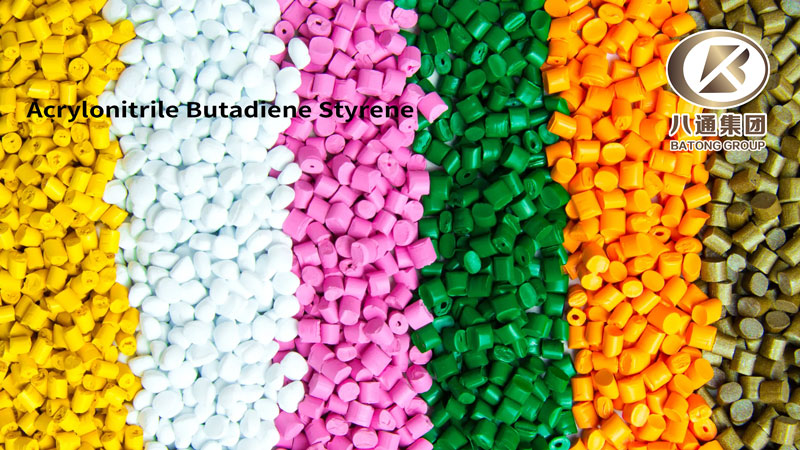
ABS is easy to mold and shape, as it can be melted and reformed multiple times without losing its original properties. This makes it a popular choice for manufacturing items with complex shapes and intricate designs. It can be injection molded, extruded, or 3D printed, providing endless possibilities for product development.
Moreover, ABS has a good balance of rigidity and toughness, which enhances its structural stability. It is resistant to chemicals, heat, and UV radiation, further adding to its durability and longevity.
In conclusion, Acrylonitrile Butadiene Styrene (ABS) is a versatile and durable thermoplastic polymer. Its high impact resistance, excellent electrical insulation properties, and ease of molding make it a preferred choice in various industries. Whether it's automotive parts, electronic enclosures, or toys, ABS offers a reliable and efficient solution for diverse applications.



